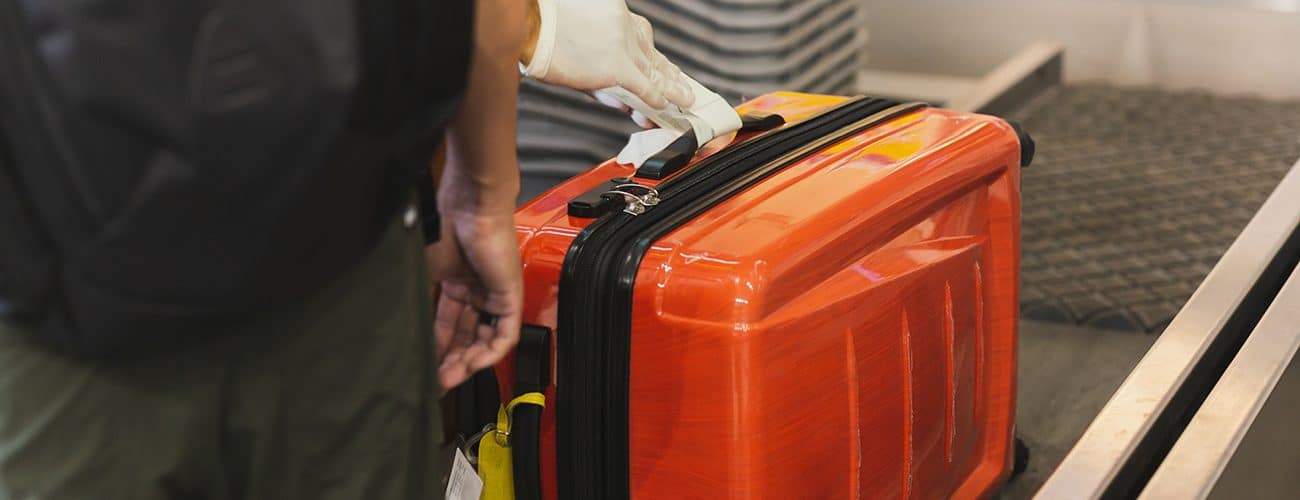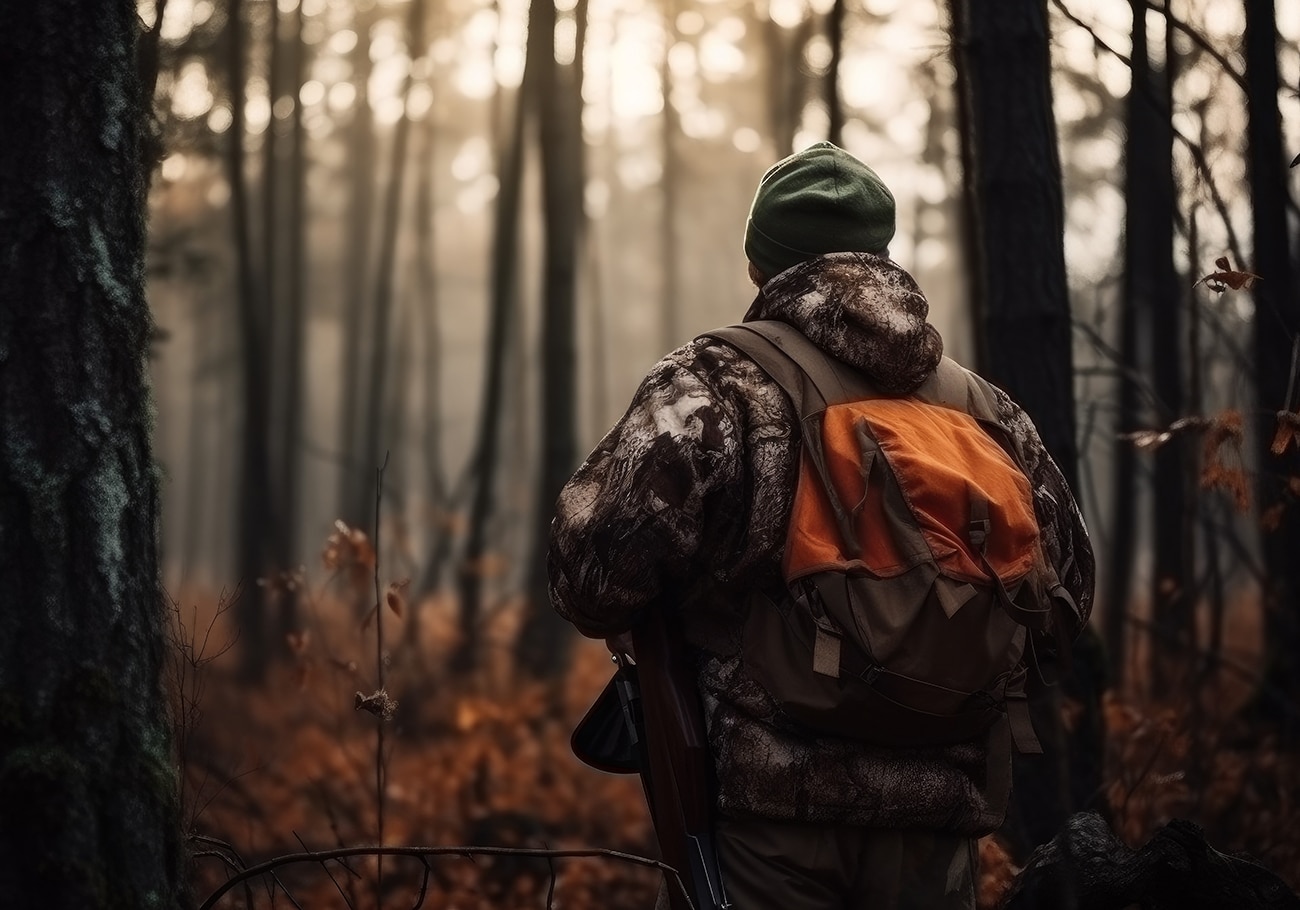
The Consumer Association of Penang (CAP) commends the recent arrests made by authorities in the fight against wildlife poaching and the seizure of valuable wildlife parts worth millions of ringgit.
However, CAP highlights the need for stronger action as the quantity of wildlife contraband seized and the scale of smuggling syndicates is deeply troubling.
The rise in wildlife poaching and the global illegal wildlife trade necessitates urgent measures to protect endangered species.
Alarming increase in wildlife poaching and contraband
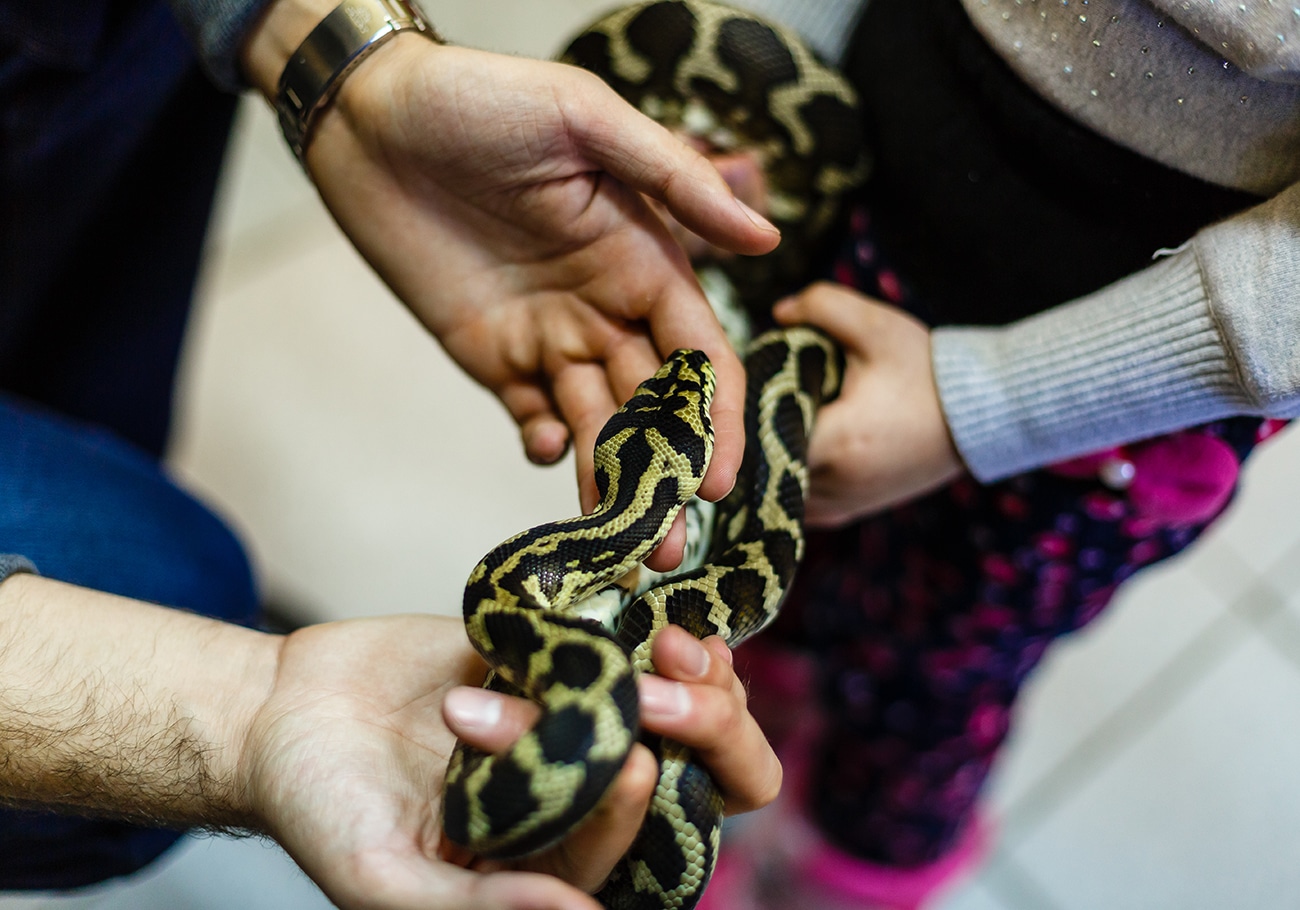
Despite various raids and seizures across the country, the escalating numbers of wildlife contraband recovered indicate an alarming surge in wildlife poaching activities.
Wildlife captured illegally from the wild is either sold domestically or smuggled across borders, often going undetected. It is difficult to accurately quantify the extent of this illicit trade, but significant quantities of illegally acquired wildlife are being shipped and sold internationally.
These illicitly obtained animals are predominantly sought after for exotic dishes consumed by Asia’s elite and are also used for religious offerings, herbal medicines, or aphrodisiac purposes, particularly in China.

Despite the record-breaking seizures, it is concerning that those apprehended and prosecuted are typically low-level carriers, leaving the main culprits—the criminal masterminds behind smuggling syndicates—unscathed.
CAP emphasizes that stricter penalties alone are insufficient to deter the illegal trade of rare wildlife species. Effectively enforcing the law is crucial to curbing this problem. To combat the trade operated by sophisticated, transnational criminal networks, there is a pressing need to halt the illegal businesses involved.
Weak law enforcement and corruption challenges
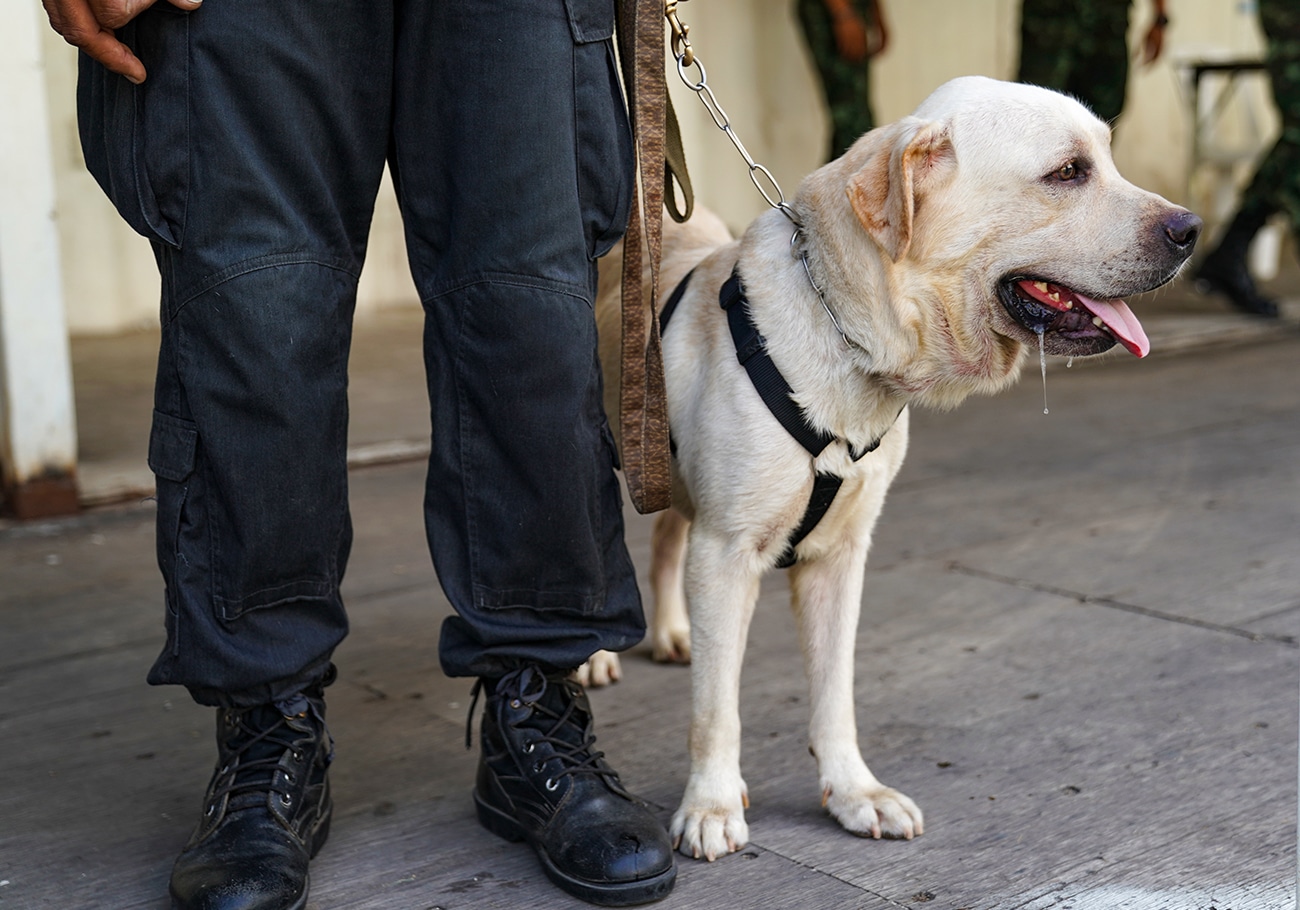
An incident in April 2023, where 22 snakes and a chameleon were discovered in a passenger’s luggage in Chennai after arriving from Kuala Lumpur, raises concerns about Malaysian Customs’ oversight in screening outbound items.
CAP questions whether this was a significant oversight or indicative of a lack of interest in addressing the issue at Malaysian Customs.
Targeted investigations should be conducted to assess the effectiveness and willingness of Malaysian Customs to combat the illegal wildlife trade. Weak law enforcement remains a primary factor perpetuating poaching and the illegal international trade in wildlife.
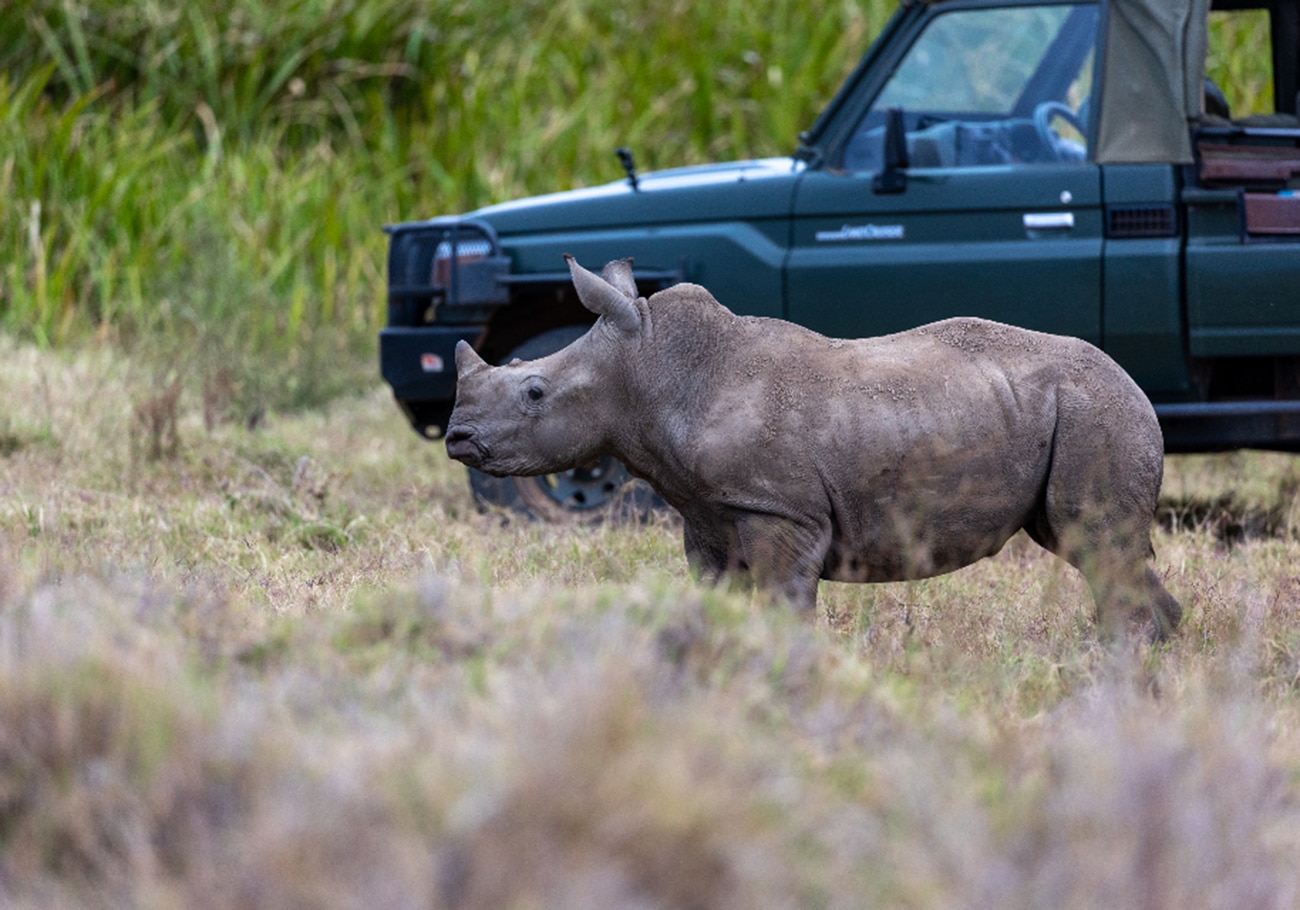
Studies have revealed alarming links between wildlife crimes and official corruption, enabling the continuation of these illicit activities.
Recognizing wildlife crimes as serious, transnational organized crimes is imperative. Collaborative efforts among source, transit, and destination countries are necessary to effectively address and neutralize these criminal acts at every stage, from the source to the final destination.
Special attention must be given to identifying and prosecuting the organizers and key beneficiaries of these criminal networks.
Urgent action required and collaboration for conservation

To combat the grave challenges posed by wildlife poaching and smuggling syndicates, a comprehensive approach is needed. Efforts to combat these crimes should match the escalating criminal activities and the consequent depletion of species.
CAP urges more vital on-the-ground actions and resources to tackle this transnational organized crime.
In order to disrupt and dismantle wildlife trafficking networks, law enforcement agencies and surveillance teams require access to advanced techniques and technologies.
These tools can provide critical information on commonly traded wildlife, traffickers’ methods of shipping and concealment, and the detection of hidden wildlife parts and products.
CAP acknowledges recent arrests and efforts to combat wildlife poaching and the illegal trade in wildlife. However, the association calls for increased collaboration and on-the-ground actions to effectively address the surge in criminal activities and protect vulnerable species from further depletion.


